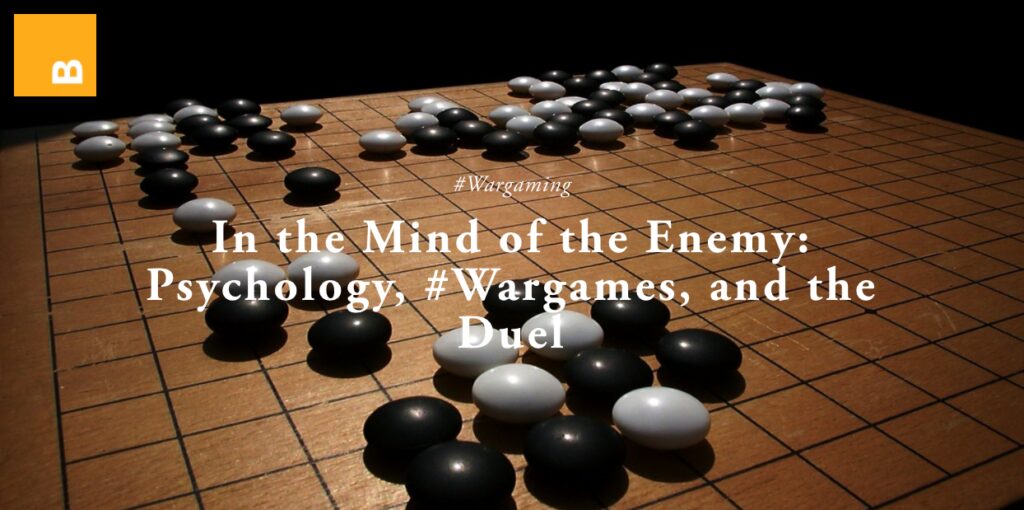Warfare has been a subject of fascination for centuries, from ancient battles to modern conflicts. Wargaming allows individuals to explore strategic decision-making in a simulated military setting, ranging from board games to computer simulations. The psychology of wargaming delves into cognitive biases, such as the anchoring bias, and the role of emotions in decision-making. Understanding these factors can improve decision-making skills and help control emotions in high-stress environments. Additionally, studying group dynamics in wargaming scenarios can provide insights into teamwork and communication strategies. Overall, the psychology of wargaming offers a unique perspective on how individuals make decisions in challenging situations.
There is a fascination with warfare that has captured the attention of humans for centuries. From ancient battles fought with swords and shields to modern conflicts waged with tanks and missiles, the art of war has always been a subject of study and intrigue. For many, wargaming offers a way to explore and understand the complexities of strategic decision-making in a simulated environment.
Wargaming is a form of strategic exercise that involves players or teams making decisions in a simulated military setting. These games can range from simple board games to complex computer simulations, but they all share the same goal of testing and improving the decision-making abilities of the participants.
The psychology of wargaming is a fascinating field of study that delves into the factors that influence strategic decision-making in these simulated environments. By understanding the cognitive processes and biases that come into play during wargaming, we can gain insights into how individuals make decisions in real-world scenarios.
One key aspect of the psychology of wargaming is the concept of cognitive biases. These biases are mental shortcuts that our brains use to simplify complex decision-making processes. While these shortcuts can be helpful in some situations, they can also lead to errors in judgment and decision-making.
For example, the anchoring bias is a tendency to rely too heavily on the first piece of information encountered when making decisions. In wargaming, this bias can manifest as a player fixating on a particular plan or strategy without considering alternative options. By being aware of this bias, players can strive to consider a broader range of possibilities and make more informed decisions.
Another important aspect of the psychology of wargaming is the role of emotions in decision-making. In a high-stress environment like warfare, emotions can have a significant impact on the choices that individuals make. Fear, anger, or overconfidence can cloud judgment and lead to suboptimal decisions.
In wargaming, players must learn to control their emotions and make decisions based on logic and reason rather than gut reactions. By practicing emotional regulation and mindfulness, players can cultivate the mental discipline needed to excel in strategic decision-making.
Furthermore, wargaming can also shed light on the concept of group dynamics and teamwork. In many wargaming scenarios, players must work together as a team to achieve their objectives. This requires effective communication, coordination, and collaboration among team members.
Understanding how group dynamics can influence decision-making in wargaming can provide valuable insights into real-world scenarios where teamwork is crucial. By studying how teams interact and make decisions in these simulated environments, researchers can uncover strategies for enhancing group performance and cohesion in high-stakes situations.
In conclusion, the psychology of wargaming offers a fascinating glimpse into the complexities of strategic decision-making. By exploring cognitive biases, emotions, group dynamics, and other psychological factors, we can gain a deeper understanding of how individuals make decisions in high-pressure environments.
Whether you’re a seasoned wargamer or simply interested in the psychology of decision-making, wargaming offers a unique and engaging way to explore these concepts. By immersing yourself in the world of wargaming, you can hone your strategic skills and gain valuable insights into the inner workings of the human mind.
